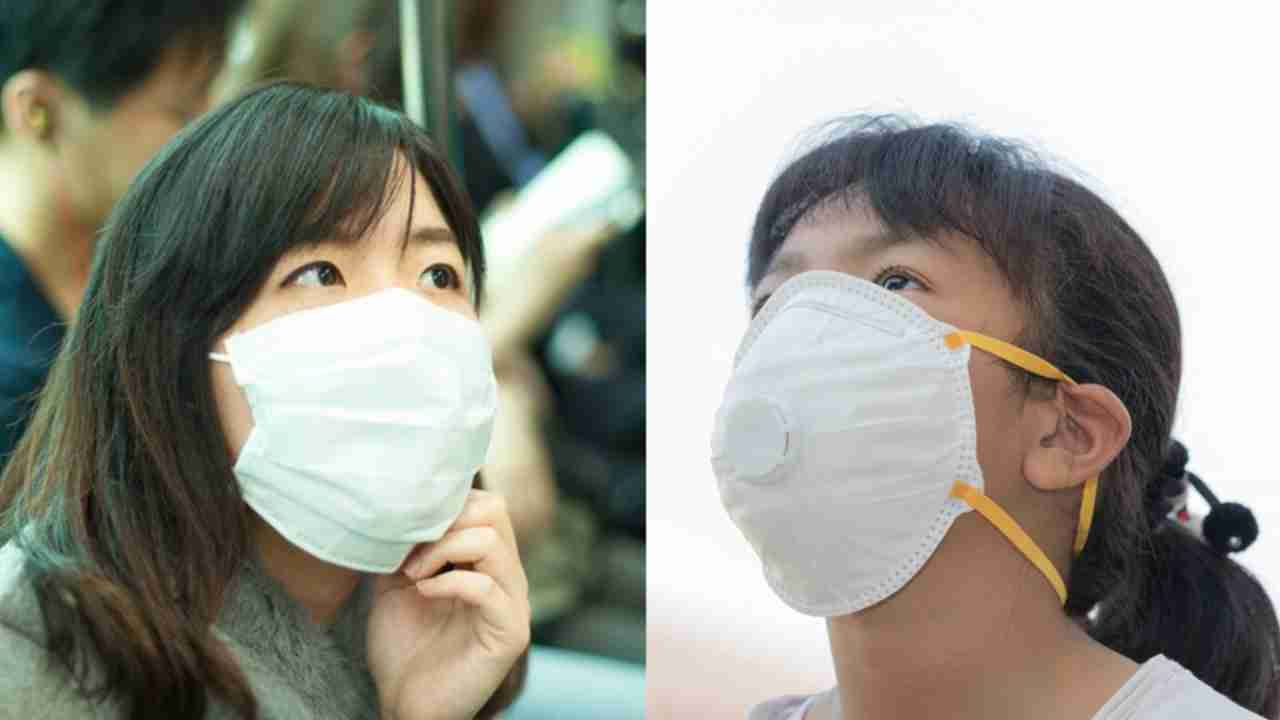New Delhi: Face mask has recently emerged as one of the most important tools in fighting the spread of coronavirus across the globe.
Even the government has made it compulsory to wear face masks for people in public places in India in case they need to go out of their houses despite the nationwide lockdown.
To better understand the use of face masks, health experts have shared in-depth details about them.
According to Vikas Maurya, Additional Director and HOD, Pulmonology, Fortis Hospital, Shalimar Bagh, “Masks can be of many types such as surgical, cloth and respirator masks; you should know that earlier, majority of the masks we used were cloth masks.
“Later on, doctors found that cloth masks were not that effective because they became wet and couldn’t filter many bacteria and viruses. It used to give very less protection from splashes of blood spilling around sometime when working in an operation theatre. So they started preparing surgical mask which we also call medical mask.”
“A surgical mask can help block large-particle droplets, splashes, sprays or splatters, which may contain viruses and bacteria, and prevent them from reaching the mouth and nose. They help reduce exposure of your saliva and respiratory secretions to others as well,” said Mahesh Lakhe of Internal Medicine and Infectious Disease department, Columbia Asia Hospital in Pune.
Explaining the difference between masks and respirators like N-95 masks, Maurya told IANS: “These surgical masks are basically made up of polypropylene material which has three layers. Because it has three layers, very small particles/bacteria cannot be prevented by a surgical mask, so we have the N-95 mask.”
An N-95 mask, a subset of N-95 Filtering Facepiece Respirators (FFRs), has a very close facial fit and is more efficient in filtering airborne particles.
It has around 95 per cent filtration capacity. This can prevent us against dust, smoke and mist. So apart from droplets, it will also protect against aerosols. And if anyone is working in an atmosphere where aerosol is generated, they can use the N-95 mask.
“These masks can also filter vapours, gases and protect you against viruses like the coronavirus or flu virus,” Maurya said.
Protect yourself in Delhi with these 5 Anti pollution masks
Explaining the use of valve on respiratory masks, Lakhe told IANS: “Some N-95 masks have exhalation valves that can make breathing out easier and help reduce heat build-up. However, such masks should not be used when sterile conditions are needed.”
Doctors also added that surgical or cloth mask van be used in the routine, but they are not intended to be used more than once.
“If a mask is damaged or soiled, or if breathing through the mask becomes difficult, remove the face mask, discard it safely, and replace it with a new one. Place the discarded mask safely in a plastic bag and put it in the trash. Wash your hands after handling the used mask,” Lakhe said.
According to the World Health Organization (WHO), wearing a medical mask is one of the preventive measures to limit the spread of certain respiratory diseases, including Covid-19.
–IANS


















